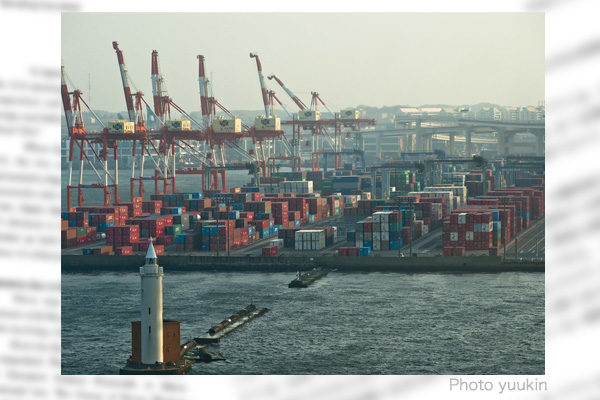As a new government has been installed in South Korea, hopes are growing on the improvement of Japan-South Korea relations that have been described as the worst since the end of World War II. For the improvement, pending bilateral issues including the problem of wartime Korean workers in Japan must be resolved. They also include Japan’s export controls tightened three years ago.
Overreaction to groundless fuss
In 2019, Japan dropped South Korea from a list of the so-called “white” countries that have reliable export controls and are subject to simplified export approval procedure. Japan switched from the preferential blanket approval for exports over three years to case-by-case approvals for three semiconductor materials. This was because South Korea implemented sloppy export controls leaving semiconductor material imports from Japan missing and refused to have close consultations with Japan’s export control authorities.
As some Japanese media reports then claimed that the Japanese measure would be a serious blow to South Korea’s semiconductor production, I pointed out that the claim represented a groundless fuss because ordinary deals would be approved even on a case-by-case approval basis to prevent any serious blow (Speaking Out #609 “Distorted Reporting on Japan’s Export Control toward S. Korea”). There has been no problem regarding exports to Taiwan and other Asian countries that have been subject to case-by-case approvals.
As expected, South Korea harshly reacted to the distorted Japanese media reports and has desperately tried to promote domestic production of the semiconductor materials.
In 2021 then South Korean President Moon Jae In made a statement boasting of the achievement of domestic production promotion. But the statement vastly distorted facts.
As I noted, the semiconductor material exports to South Korea have remained unaffected, proving the past Japanese reports a groundless fuss. Japanese so-called “pundits” and mass media that then prompted fears should be blamed. Imports from Japan in value for two of the three semiconductor materials have increased instead of decreasing. As for the remaining one or hydrogen fluoride, South Korea may have switched from Japanese imports to domestic products for use if low-grade hydrogen fluoride can be applied but remained dependent on Japanese companies for high-grade hydrogen fluoride. South Korea has increased imports from overseas plants of Japanese companies even when imports from Japan has decreased.
In summary, the achievement of “breaking with Japan” is not worthy of boasting. The Moon government distorted the facts and domestically trumpeted a meretricious story.
Political settlements hinder normalization
I have asserted that the export control issue should be handled coolly according to the logic of export control without being linked to the wartime Korean worker problem (Speaking Out #640 “How to See Japan-S. Korea Export Control Dialogue?”). The ball is in the South Korean court. The issue can be resolved if South Korea improves its export control regime and the oversight of the three semiconductor materials, and Japan confirms the improvement through dialogue.
In a bid to appeal to a domestic audience, Seoul has brought the issue to the World Trade Organization while being aware that its petition against the Japanese measure may not be accepted. The petition should be withdrawn first. If not, it may be natural for the two countries’ export control authorities to remain unable to resume talks.
The establishment of mature relations between South Korea and Japan depends on whether Seoul can implement such ordinary process without politicizing it. Any unreasonable political settlements may look plausible but will hinder mature Japan-South Korea relations.
Masahiko Hosokawa is a professor at Meisei University and a former director-general of the Trade Control Department at Japan’s Ministry of Economy, Trade and Industry. He is also a Planning Committee member at the Japan Institute for National Fundamentals.


